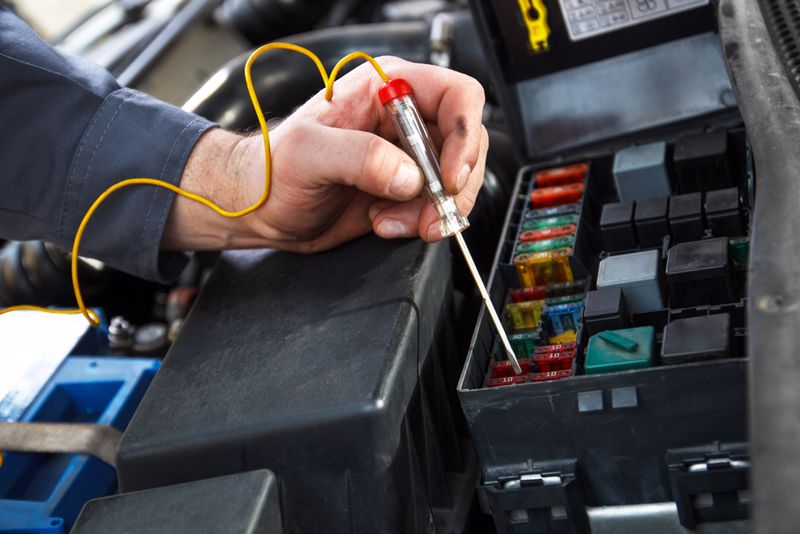

With the rise of electric vehicles (EVs) and renewable energy, lithium batteries have become a hot topic in the automotive industry. NBC recently reported on multiple instances of lithium battery explosions, including an electric scooter that caught fire, killing a five-year-old girl and a 36-year-old woman. Many people are now wondering how likely it is that an EV's lithium battery will explode.
The short answer is that while lithium battery explosions are rare, they can happen. Lithium battery explosions in EVs have been observed, but the chances of them happening are relatively low. Even so, ensuring the safety of EVs that use lithium batteries is still a priority for automotive engineers and manufacturers.
Lithium batteries have gained popularity for use in electric vehicles due to their high energy density, which allows them to store a significant amount of power in a small space. This quality makes them an ideal fuel source for small cars that require a substantial amount of energy. However, it's worth noting that their high energy density also entails a greater risk of thermal runaway – a process that can occur in batteries when they overheat. Thermal runaway results in a self-sustaining chemical reaction that releases more heat, which then causes the battery to heat up even more. This cycle continues until the battery explodes.
There are several reasons why thermal runaway can happen, including overcharging, physical damage to the battery and exposure to high temperatures. This can sound scary, especially since these are all things that can happen to a vehicle while it's on the road.
Fortunately, there are many ways for manufacturers to reduce the likelihood of thermal runaway in lithium batteries, such as using materials that are less prone to overheating. Some companies are developing solid-state batteries, which are less likely to catch fire because they don't use a liquid electrolyte. Another way to deal with this issue is to use design vehicles with settings that prevent overcharging and ensure that the battery isn't exposed to extreme temperatures.

Engineers can also conduct rigorous testing to ensure that lithium batteries are safe. For instance, battery cells can be subjected to extreme conditions to see how they perform under stress. This testing can help identify any weaknesses in the battery and allow for design improvements.
There are also standards and regulations in place to ensure the safety of lithium batteries in EVs. For example, the U.S. Department of Transportation has developed a set of regulations for the safe handling and transportation of lithium batteries. The National Highway Traffic Safety Administration (NHTSA) has established rules that require EV manufacturers to meet certain safety standards.
It's not super likely for lithium batteries in electric vehicles to explode, but it's still something manufacturers and consumers worry about. The upside is that engineers are trying to make them safer and more dependable. Lots of changes are being made to batteries and vehicles, so the risk of explosions should keep going down.
Greening Testing Laboratories is a fully certified brake testing lab that provides a variety of brake testing services worldwide. Contact Greening for a complimentary consultation.